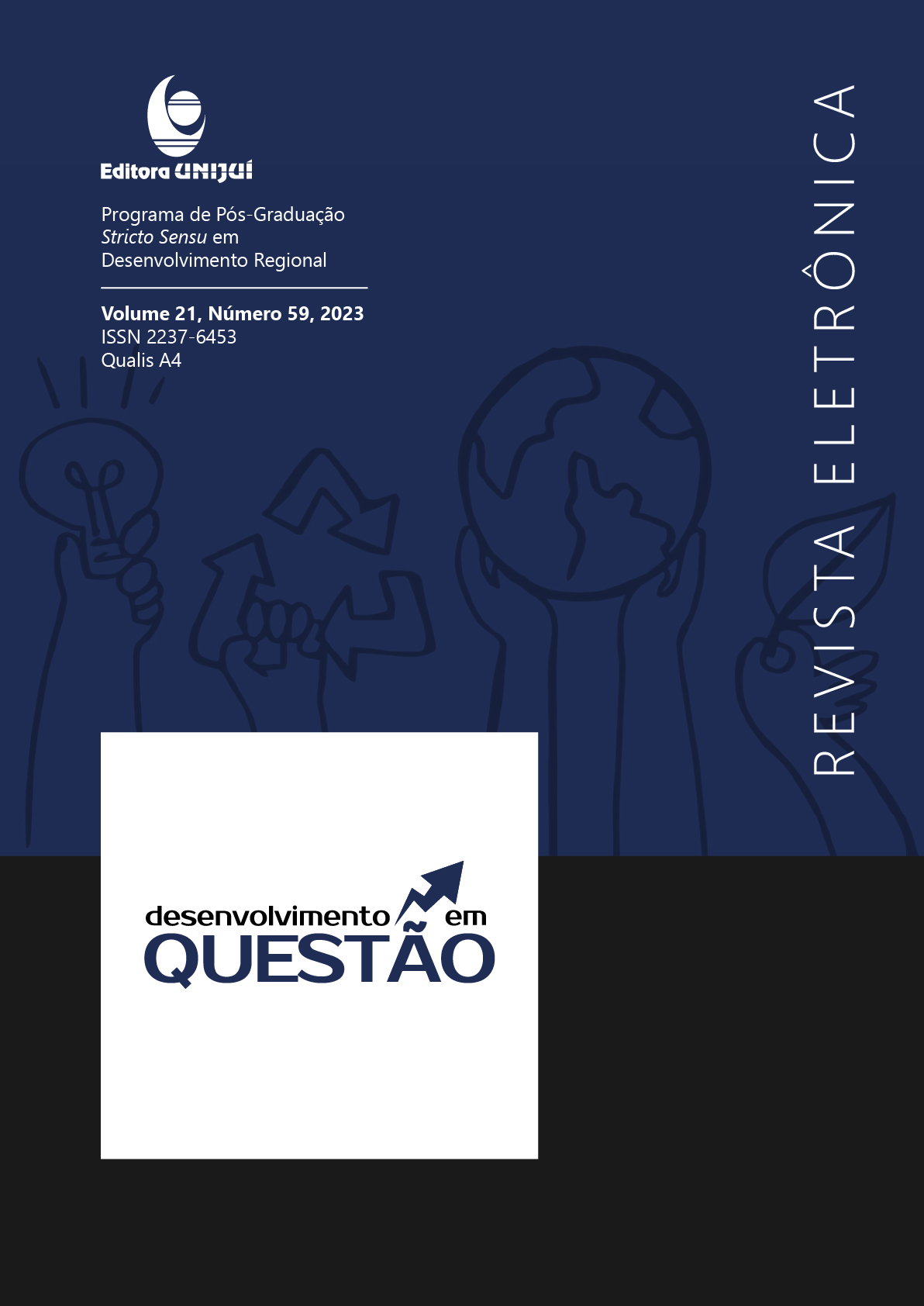Orality and voice – Great speakers in history
DOI:
https://doi.org/10.21527/2237-6453.2023.59.13484Keywords:
oralidade, voz, Grandes Oradores, História, EloquenciaAbstract
This article aims to bring speakers from history, objective the importance, the influence that these names have on their oral cause and their voice. In this context, the research aims to contribute to the knowledge about the power that orality and voice have within a society and what is the real value attributed to it. It uses bibliographic references and assumes a characteristic of exploratory and descriptive research, with a qualitative character. It seeks to include the element of voice and orality as a real instrument for success in influencing and forming opinion. It is in dispute about the success of a good or from a point of view that brings together subjectivity, sharpness, the socially, culturally and historically constructed senses, in the contexts of the history of eloquence. Paths that lead to the reflection of what they are, based on their search based on their voice, eloquence, based on their search based on their voice, their ideas, eloquence, techniques for those who can use their voice, eloquence and only with techniques of those who manage to use their voice, credibility and trust, both in work and in social life. It concludes with this bibliographical research, with its contribution to having knowledge about the power of the history of communication and the voice and its importance in the historical, analytical and professional scope.
References
BITTENCOURT, Ana. Falar bem já não é segredo. Rio de Janeiro: Bloch, 1989.
BORNECQUE, Henri; MORNET, Daniel. Roma e os romanos. Ed. revista e atualizada por A. Cordier. Tradução Alceu Dias Lima. São Paulo: Editora Pedagógica e Universitária, 1976.
BORELLI, Silvia Helena Simões (org.). Gêneros ficcionais, produção e cotidiano na cultura popular de massa. São Paulo: Intercom, 1994.
BORGES, Rosane da Silva. Rádio: a arte de falar e ouvir. São Paulo: Paulinas, 2002.
BRIGGS, Asa; BURKE, Peter. Uma história social da mídia: de Gutenberg à Internet. Rio de Janeiro: Jorge Zahar, 2002.
CÉSAR, Cyro. Rádio, a mídia da emoção. São Paulo: Summus, 2005.
COWELL, F. R. Cícero e a República Romana. Lisboa: Ulisséia, 1967.
FERRARETTO, Luiz Artur. Rádio e capitalismo no Rio Grande do Sul: as emissoras comerciais e suas estratégias de programação na metade do século 20. Canoas: Editora da Ulbra, 2007.
IPANEMA, Marcello de; IPANEMA, Cybelle de. História da comunicação. Brasília: Editora da Universidade de Brasília, 1967.
LINDHOLM, Charles. Carisma: êxtase e perda de identidade na veneração ao líder. Rio de Janeiro: Jorge Zahar, 1990.
LINS CALDAS, Alberto. Oralidade texto e história. São Paulo: Loyola, 1999.
PLUTARCO, Lúcio. Vidas paralelas. Tradução direta do grego por Gilson César Cardoso. São Paulo: Paumape, 1992. V. 3 e 5.
QUEIROZ, Jerônimo Geraldo de. Manual do orador. Goiânia: Cultura e Qualidade, 1998.
QUINTILIANO, Marco Fabio. Instituciones oratórias. traducción directa del latín por Ignacio Rodríguez y Pedro Sandier. Madrid. Librería de la Viuda de Hernando y Cia, 1887.
SODRÉ, Hélio. História universal da eloquência: discursos que marcaram a história da humanidade. Petrópolis, RJ: Catedral das Letras, 2007.
WORDPRESS. O estoicismo. Disponível em: http://espectivas.wordpress.com/2008/05/20/o stoicismo. Acesso em: 24 nov. 2008.
Downloads
Published
How to Cite
Issue
Section
License
Copyright (c) 2023 Desenvolvimento em Questão

This work is licensed under a Creative Commons Attribution 4.0 International License.
By publishing in Revista Desenvolvimento em Questão, authors agree to the following terms:
All works are published under the Creative Commons Attribution 4.0 International License (CC BY 4.0), which allows:
Sharing — to copy and redistribute the material in any medium or format;
Adaptation — to remix, transform, and build upon the material for any purpose, even commercially.
These permissions are irrevocable, provided that the following terms are respected:
Attribution — authors must be properly credited, a link to the license must be provided, and any changes made must be indicated.
No additional restrictions — no legal or technological measures may be applied that legally restrict others from doing anything the license permits.
Notices:
The license does not apply to elements that are in the public domain or covered by legal exceptions.
The license does not grant all necessary rights for specific uses (e.g., image rights, privacy, or moral rights).
The journal is not responsible for the opinions expressed in the articles, which are the sole responsibility of the authors. The Editor, with the support of the Editorial Board, reserves the right to suggest or request modifications when necessary.
Only original scientific articles presenting research results of interest that have not been previously published or simultaneously submitted to another journal with the same purpose will be accepted.
Mentions of trademarks or specific products are intended solely for identification purposes and do not imply any promotional relationship by the authors or the journal.
License Agreement (for articles published from 2025 onward): Authors retain the copyright to their article and grant Revista Desenvolvimento em Questão the right of first publication.











